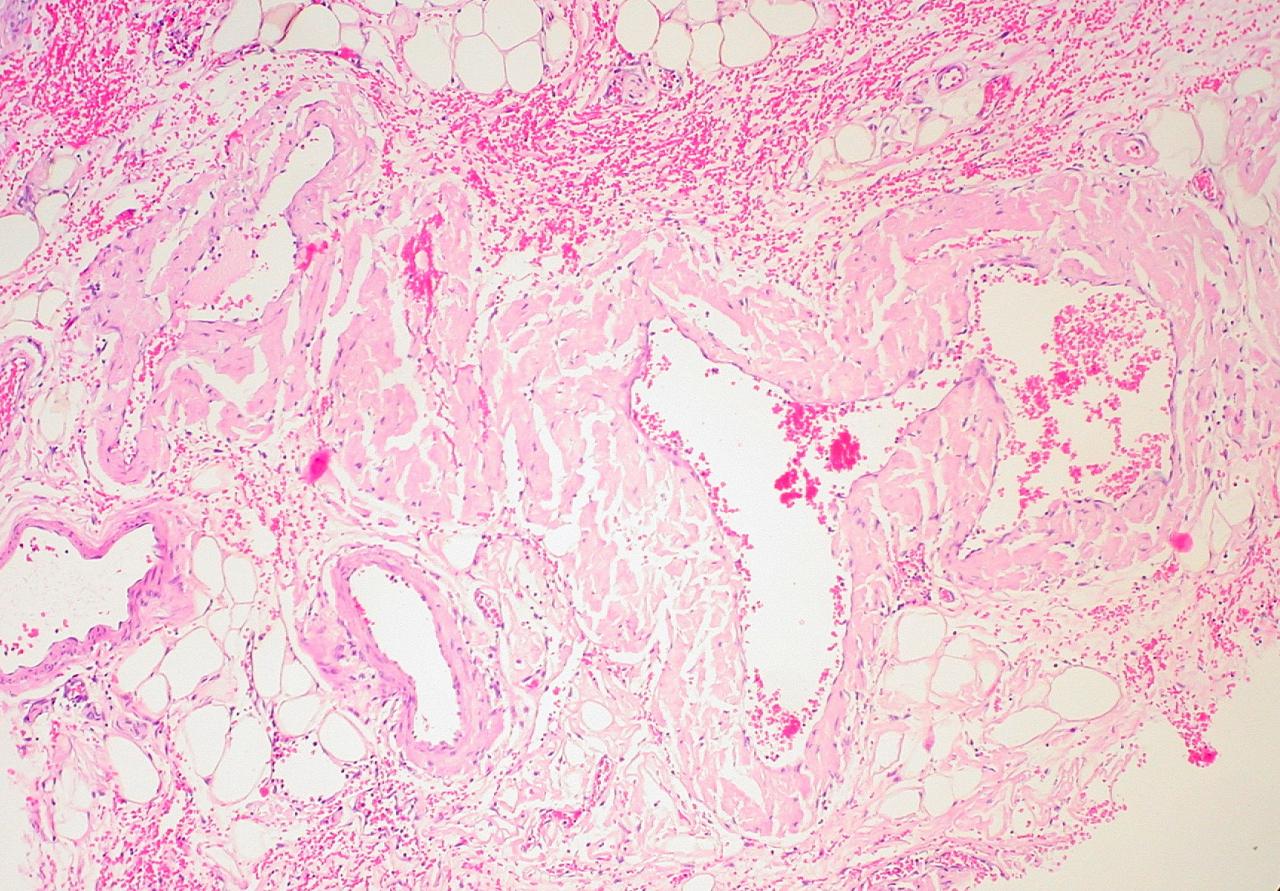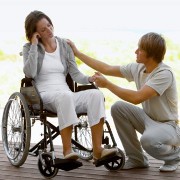“Senior moments” are a lighthearted excuse for memory gaps. Sometimes I think we expect all old people to eventually lose their cognitive function. This doesn't have to be the case. There are many types of dementia, and sometimes early detection and treatment can make all the difference.
Neurodegenerative disorders have limited treatment options, which are primarily focused on managing the symptoms. They tend to progress slowly and inexorably. Immunologically mediated dementias, on the other hand, progress rapidly and are readily treatable. Thus it is very important to get the right diagnosis for yourself or your family members.
Dementia caused by immune processes are divided, somewhat arbitrarily, into two categories: one, those associated with specific antigens and antibodies that have been identified, two, those associated with cellular inflammation, but without clearly identified antigens and antibodies. Specific types include:
1. Hashimoto's encephalopathy. This is associated with antibodies to thyroid products. Patients may have hyperthyroidism, hypothyroidism, or normal thyroid function. Many of them have other autoimmune disease as well.
2. Anti-glutamic acid decarboxylase antibody syndrome. This is associated with diabetes and other disorders, including neurological disease.
3. Gluten-sensitivity dementia. This is one of the manifestations of gluten sensitivity, which improves on a gluten-free diet.
4. Sjogren's encephalopathy. This is associated with some cases of Sjogren's syndrome, which is characterized by dry eyes and dry mouth.
5. Systemic lupus erythematosus. This autoimmune disease is a multi-organ inflammatory condition which includes neurological symptoms in 60-75 percent of patients.
6. Sarcoidosis. About 25 percent of patients have inflammatory neurologic symptoms.
7. Behcet's disease. Neurologic symptoms are reported in five to 50 percent of patients.
8. Primary angiitis of the central nervous system. This is a rare but serious autoimmune disease of the blood vessels in the brain.
9. Paraneoplastic disease with syndromes of cerebellar degeneration, opsoclonus-myoclonus, myelopathy, sensory neuronopathy, diffuse weakness, or limbic encephalitis.
10. Anti-voltage-gated potassium channel encephalopathy.
Neurologists have the expertise in treating neurodegenerative dementias, but rheumatologists and neuroimmunologists have more experience with therapies that are appropriate for immune dysfunction. The reference article calls immunologically mediated dementias “fascinating and mysterious”. Their distinguishing feature is the “dramatic responsiveness to treatment” by steroids and other drugs used for similar conditions.
Diagnosis requires a detailed history, physical examination, and broad screen blood tests. Be sure to find a doctor who is familiar with these less common possibilities for “senior moments”.
Reference:
Rosenbloom MH et al, “Immunologically Mediated Dementias”, Curr Neurol Neurosci Rep. 2009 September; 9(5): 359-67.
Linda Fugate is a scientist and writer in Austin, Texas. She has a Ph.D. in Physics and an M.S. in Macromolecular Science and Engineering. Her background includes academic and industrial research in materials science. She currently writes song lyrics and health articles.






Add a Comment1 Comments
There are different types of dementia that could afflict a person. If our loved one is already showing signs and symptoms of dementia, it's important to seek doctor's advice. Knowing the prognosis will make it a lot easier for us to handle the situation. http://insidershealth.com/article/symptoms_and_causes_of_dementia/5347
March 8, 2013 - 12:06amThis Comment